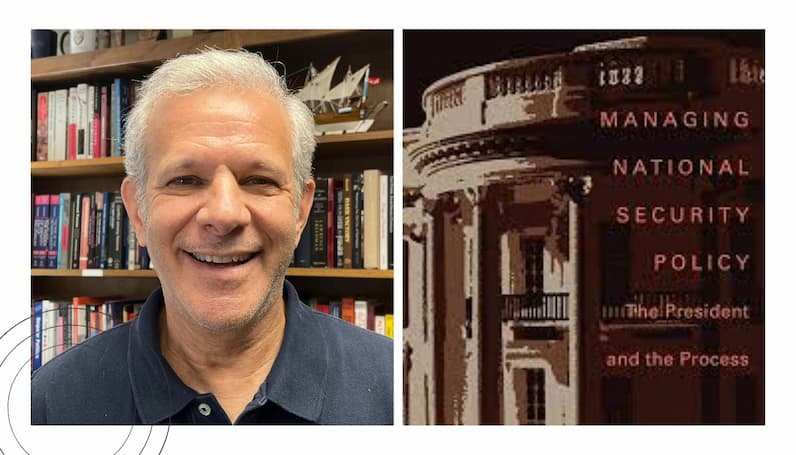Faculty Bookshelf
Isolation and Engagement
Presidential Decision Making on China from Kennedy to Nixon
William Newmann, Ph.D.
Earth System Law
Standing on the Precipice of the Anthropocene
Timothy Cadman, Margot Hurlbert, Andrea C. Simonelli
The MENA Powers and the Nile Basin Initiative
Simon Okoth
Gerrymandering the States
Partisanship, Race, and the Transformation of American Federalism
Alex Keena, Michael Latner, Anthony J. McGann, Charles Anthony Smith
Gerrymandering in America
The House of Representatives, the Supreme Court, and the Future of Popular Sovereignty
Anthony J. McGann, Charles Anthony Smith, Michael Latner, Alex Keena
Governing Climate Induced Migration and Displacement
IGO Expansion and Global Policy Implications
Andrea Simonelli
2022 University of Michigan Press
Political Science professor Bill Newmann analyzes the successes and failures of administrations from Kennedy to Nixon as they sought to strike a balance between the personal style of the president and the need for a strong interagency structure that could systematically evaluate policy options. The narrative focuses on U.S. decision making on China and Taiwan during the crucial era when the United States was considering moving from a policy of isolating China to a policy of engagement, culminating in Nixon’s historic 1972 trip to China. William Waltman Newmann has created an evolution-balance model, tested with case studies focusing on China policy by Kennedy, Johnson, Nixon and Ford, showing how the relationships between a president and his advisors change based on the weaknesses or pathologies of the president’s management style. The author’s research is based on declassified archival material from the Eisenhower, Kennedy, Johnson, Nixon and Ford presidential libraries.
2022 Routledge
Andrea Simonelli, professor of political science, and her co-authors systematically explore the emerging legal discipline of Earth System Law (ESL), challenging the closed system of law and marking a new era in law and society scholarship.
2021 Palgrave Macmillan
Simon Okoth, a professor of political science, engages with the current conflict in the Middle East and North Africa over the construction of the Grand Ethiopian Renaissance Dam (GERD), the biggest in Africa. The project explains why economic, and to some extent political, survival is at the core of the conflict, specifically between Egypt and Ethiopia. Although the problem started with insistence of “no dam” by Egypt and subsequently narrowed down to a filling up period of the reservoir and technical operations of the dam, finding a solution agreeable to both nations has been elusive for the past eight years. Ensuring water for all members in the Basin is consistent with the United Nations Sustainable Development Goal 6, particularly given the looming effects of climate change, increasing population, urbanization and rising consumptive water uses.
2021 Cambridge University Press
Alex Keena, professor of political science, with co-authors Michael Latner, Anthony J. McGann and Charles Anthony Smith, investigate the causes and consequences of state legislative gerrymandering, drawing on an original dataset of 95 state legislative maps from before and after 2011 redistricting. The authors find that partisan gerrymandering increased dramatically after the 2011 redistricting and was most extreme in states with racial segregation where Republicans drew the maps. This bias has had long-term consequences. For instance, states with the most extreme Republican gerrymandering were more likely to pass laws that restricted voting rights and undermined public health, and they were less likely to respond to COVID-19. The authors examine the implications for American democracy and for the balance of power between federal and state government; they also offer empirically grounded recommendations for reform.
2020 Stanford University Press
Jessica Trisko-Darden, professor of Political Science, and co-author Izabela Steflja argue that women are just as capable as men of committing war crimes and crimes against humanity. In addition to unsettling assumptions about women as agents of peace and reconciliation, the book highlights the gendered dynamics of law, and demonstrates that women are adept at using gender instrumentally to fight for better conditions and reduced sentences when war ends.
2019 Rowman & Littlefield Publishers
Jason Ross Arnold, professor of political science, clarifies the elusive concept of "whistleblowing." Most who have tried to define or understand it have a sense that whistleblowers are justified secret-spillers—people who make wise decisions about their unauthorized disclosures. But we still have no reliable framework for determining which secret-spillers deserve the positively charged term whistleblower, and which ones should get stuck with the less noble moniker “leaker.” A better understanding can inform our frustratingly endless political debates about important cases—the Snowdens, Mannings, Ellsbergs, Deep Throats, etc.—but it can also provide guidance to would-be whistleblowers about whether or not they and their collaborators should make unauthorized disclosures
2019 Stanford University Press
Jessica Trisko-Darden, professor of political science, draws on four decades of data on U.S. economic and military aid to explore whether foreign aid does more harm than good. The book challenges long-standing ideas about aid and its consequences, and highlights key patterns in the relationship between assistance and violence.
2019 Georgetown University Press
Jessica Trisko-Darden, professor of political science, and co-authors ask, Why do women go to war? This book uses three case studies to explore variation in women's participation in nonstate armed groups in a range of contemporary political and social contexts: The civil war in Ukraine, the conflicts involving Kurdish groups in the Middle East, and the civil war in Colombia. In doing so, they shed light on women's pathways into and out of nonstate armed groups. They also address the implications of women's participation in these conflicts for policy, including postconflict programming. This is an accessible and timely work that will be a useful introduction to another side of contemporary conflict.
2016 Cambridge University Press
Alex Keena, professor of political science, and co-authors Anthony J. McGann, Charles Anthony Smith and Michael Latner investigate congressional redistricting and find that partisan gerrymandering increased dramatically in the 2010 redistricting round. The authors argue that unrestrained partisan gerrymandering stems from the response to the Supreme Court's decision in Vieth v. Jubelirer, and poses a critical threat to a central pillar of American democracy, popular sovereignty. The book argues that the scientifically rigorous partisan symmetry measure is an appropriate legal standard for partisan gerrymandering, as it logically implies the constitutional right to individual equality and can be practically applied.
2016 Palgrave
Andrea Simonelli, professor of political science, provides the first in-depth evaluation of climate displacement in the field of political science, specifically global governance. She evaluates four intergovernmental organizations (UNHCR, IOM, OCHA and the UNFCCC), and the structural and political constraints regarding their potential expansion to govern this new issue area.
2014 University Press of Kansas
Jason Ross Arnold, professor of political science, explores the dark side of the sunshine era in the first comprehensive, comparative history of presidential resistance to the new legal regime, from Reagan-Bush to the first term of Obama-Biden. After examining what makes a necessary and unnecessary secret, Arnold considers the causes of excessive secrecy, and why we observe variation across administrations. While some administrations deserve the scorn of critics for exceptional secrecy, the book shows excessive secrecy was a persistent problem well before 9/11, during Democratic and Republican administrations alike. Regardless of party, administrations have consistently worked to weaken the systems legal foundations.
2008 Taiwan Ministry of National Defense
William Newmann, professor of political science, examines the ways in which presidents make national security decisions, and explores how those processes evolve over time. He creates a complex portrait of policy making, which may help future presidents design national security decision structures that fit the realities of the office in today’s world.
2003 University of Pittsburgh Press
William Newmann, professor or political science, examines the ways in which presidents make national security decisions, and explores how those processes evolve over time. He creates a complex portrait of policy making, which may help future presidents design national security decision structures that fit the realities of the office in today’s world.
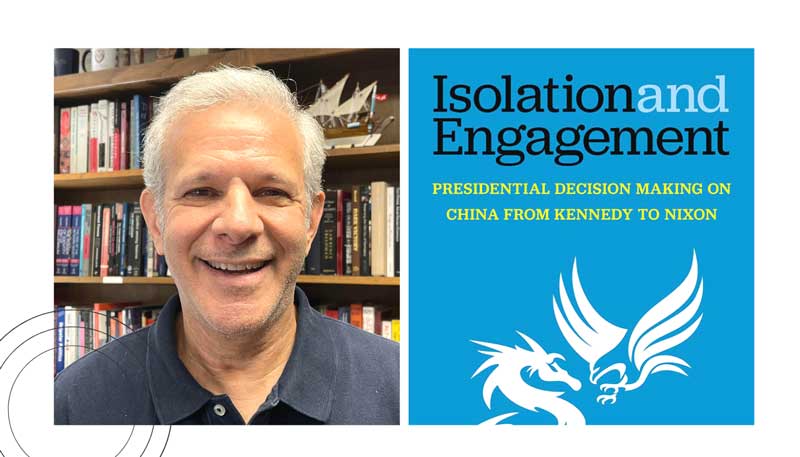
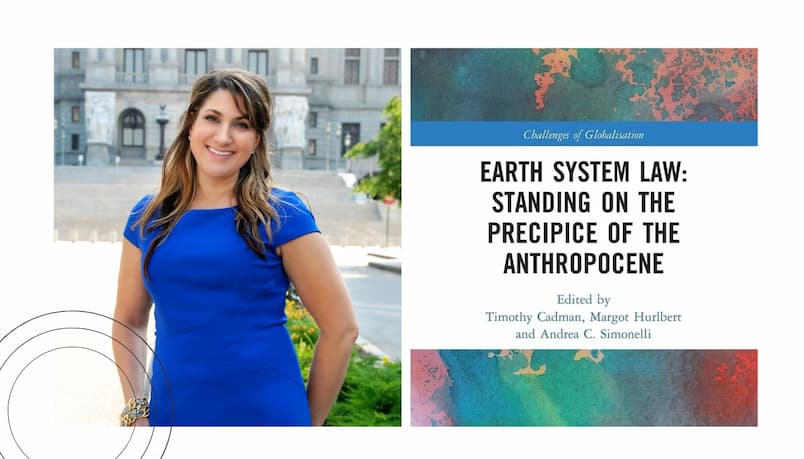
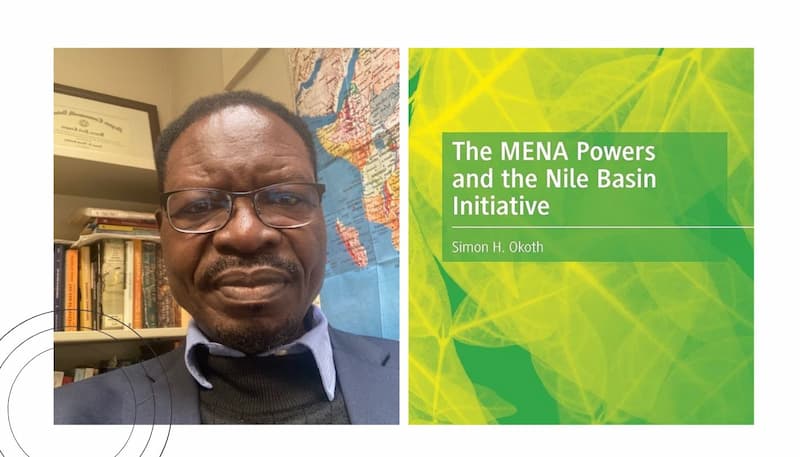
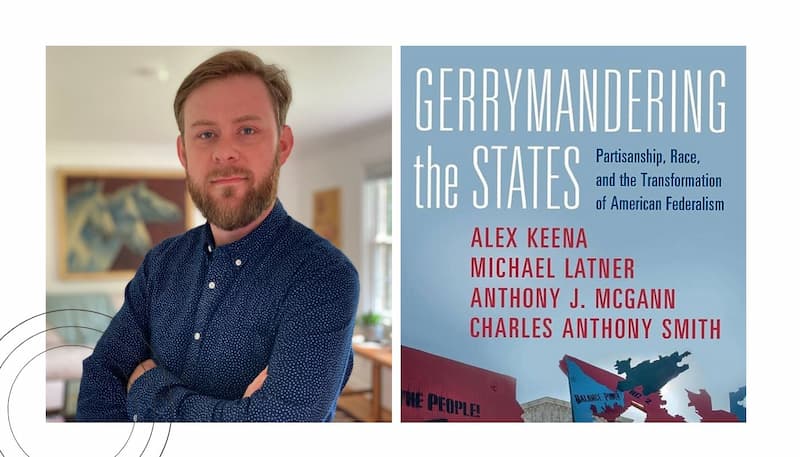
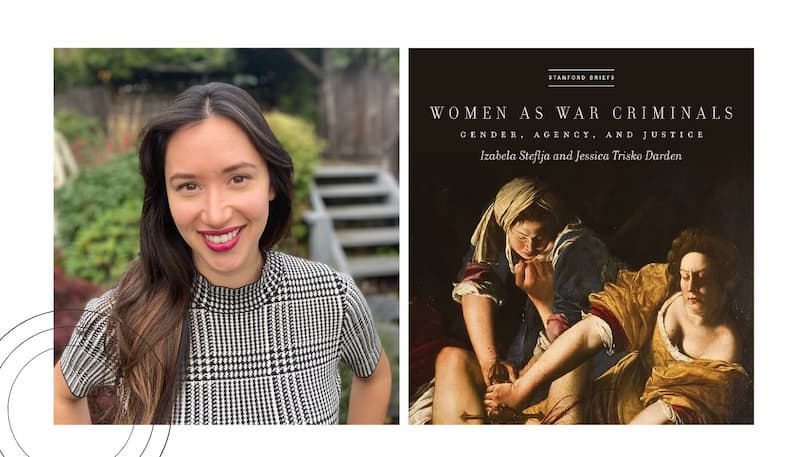
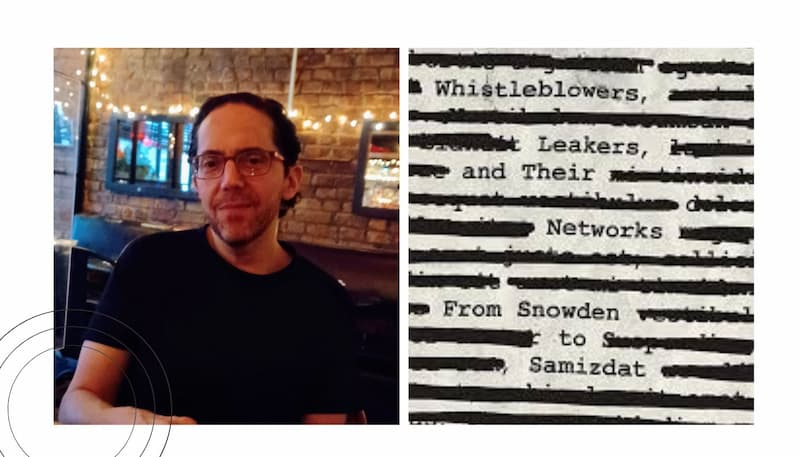

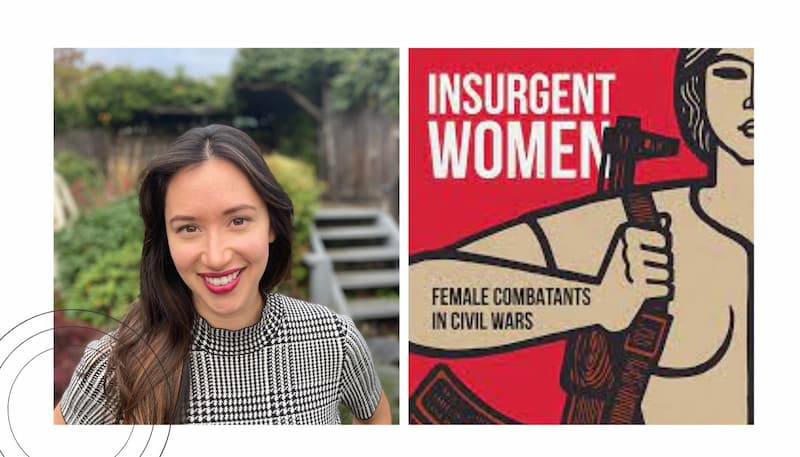
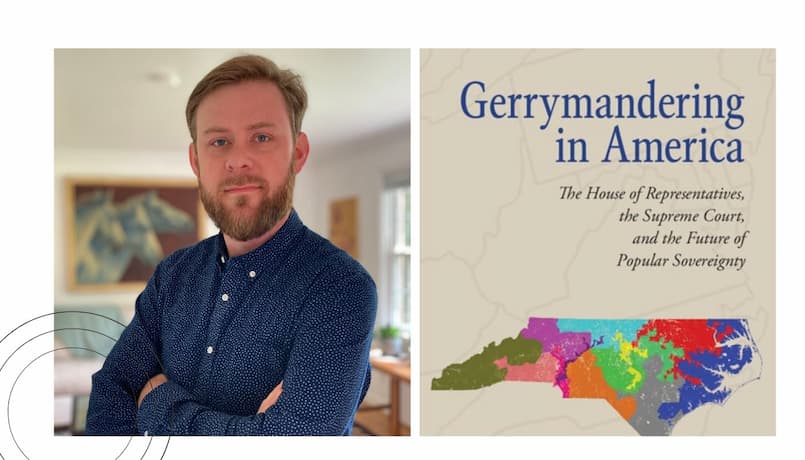
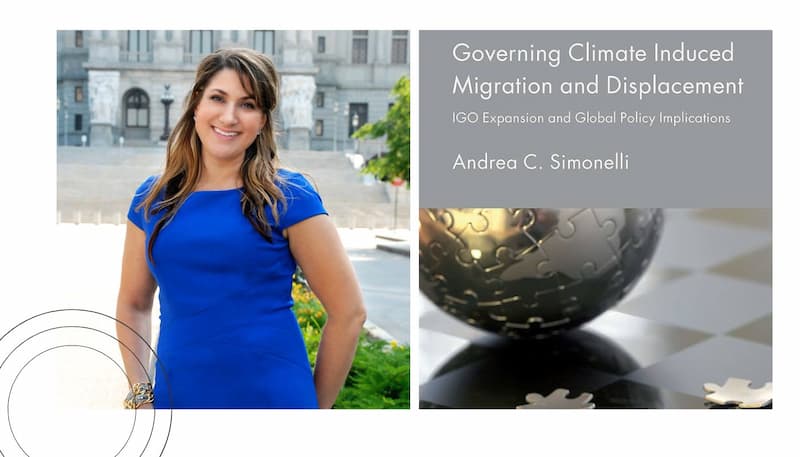

800x457.jpg)
